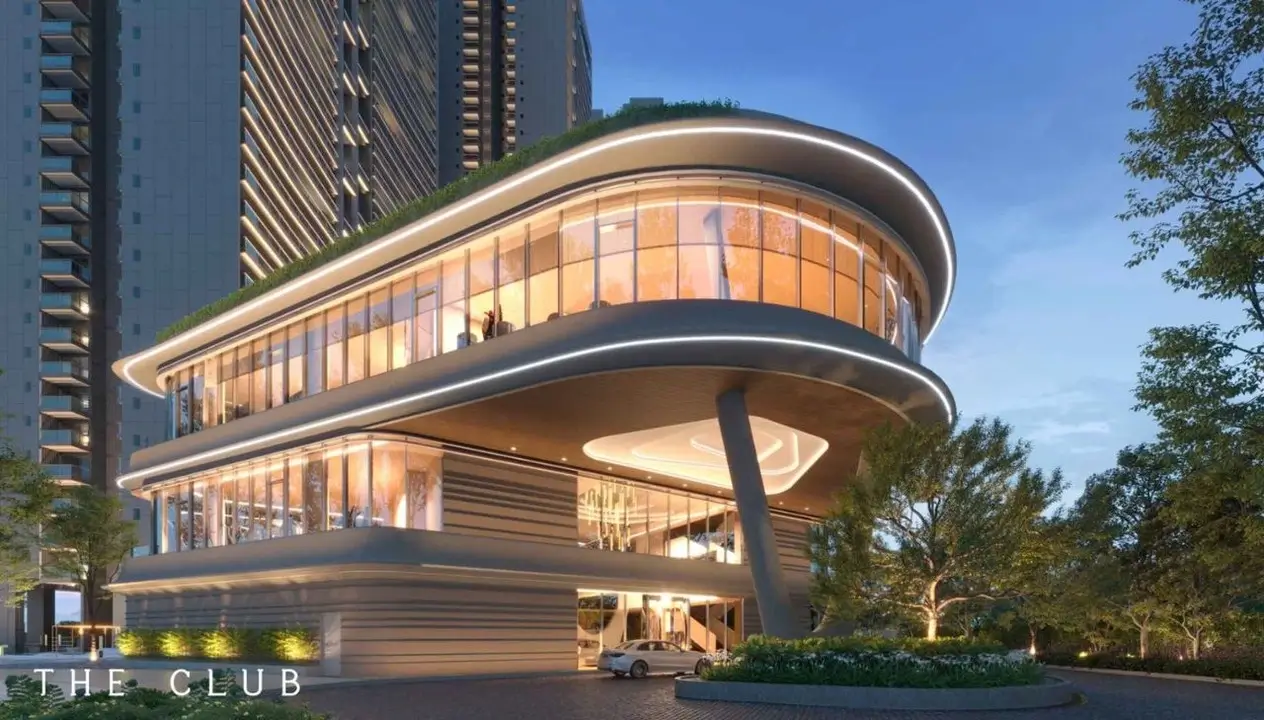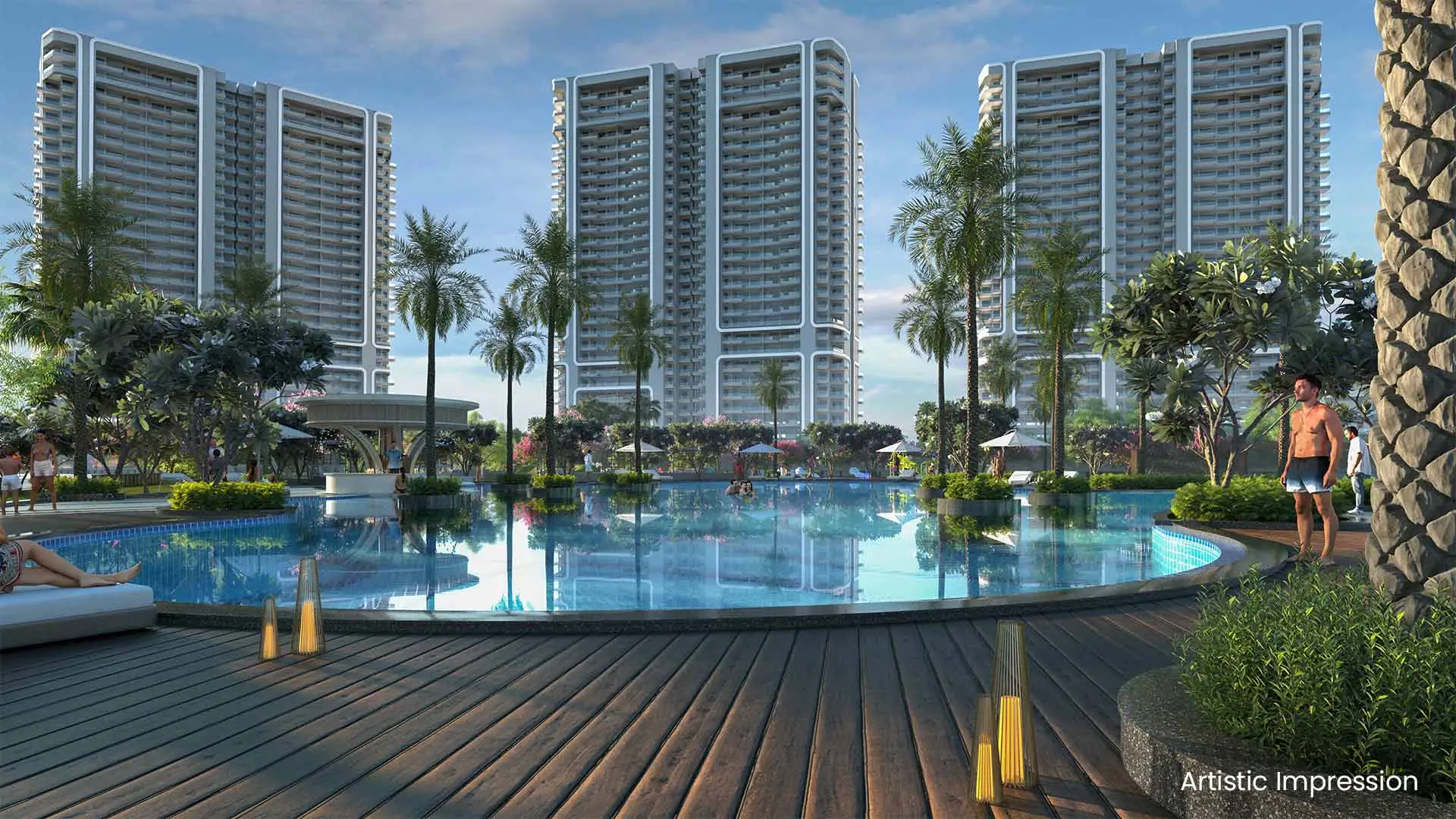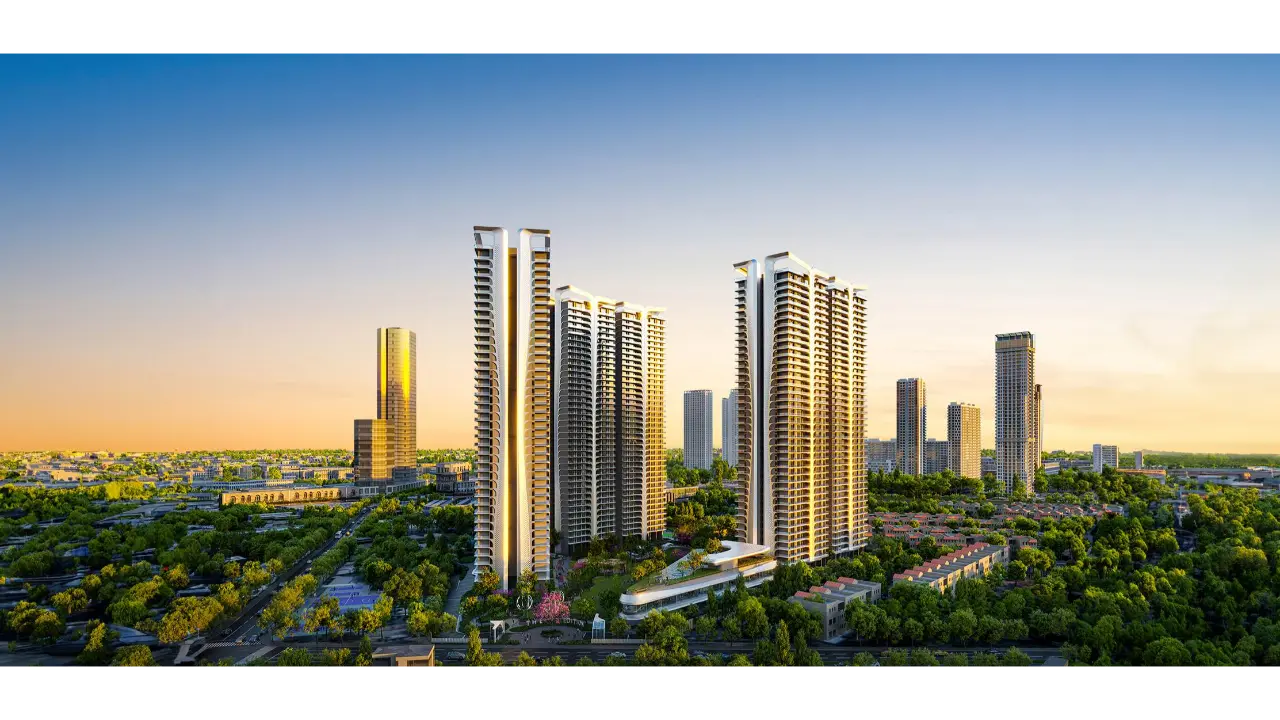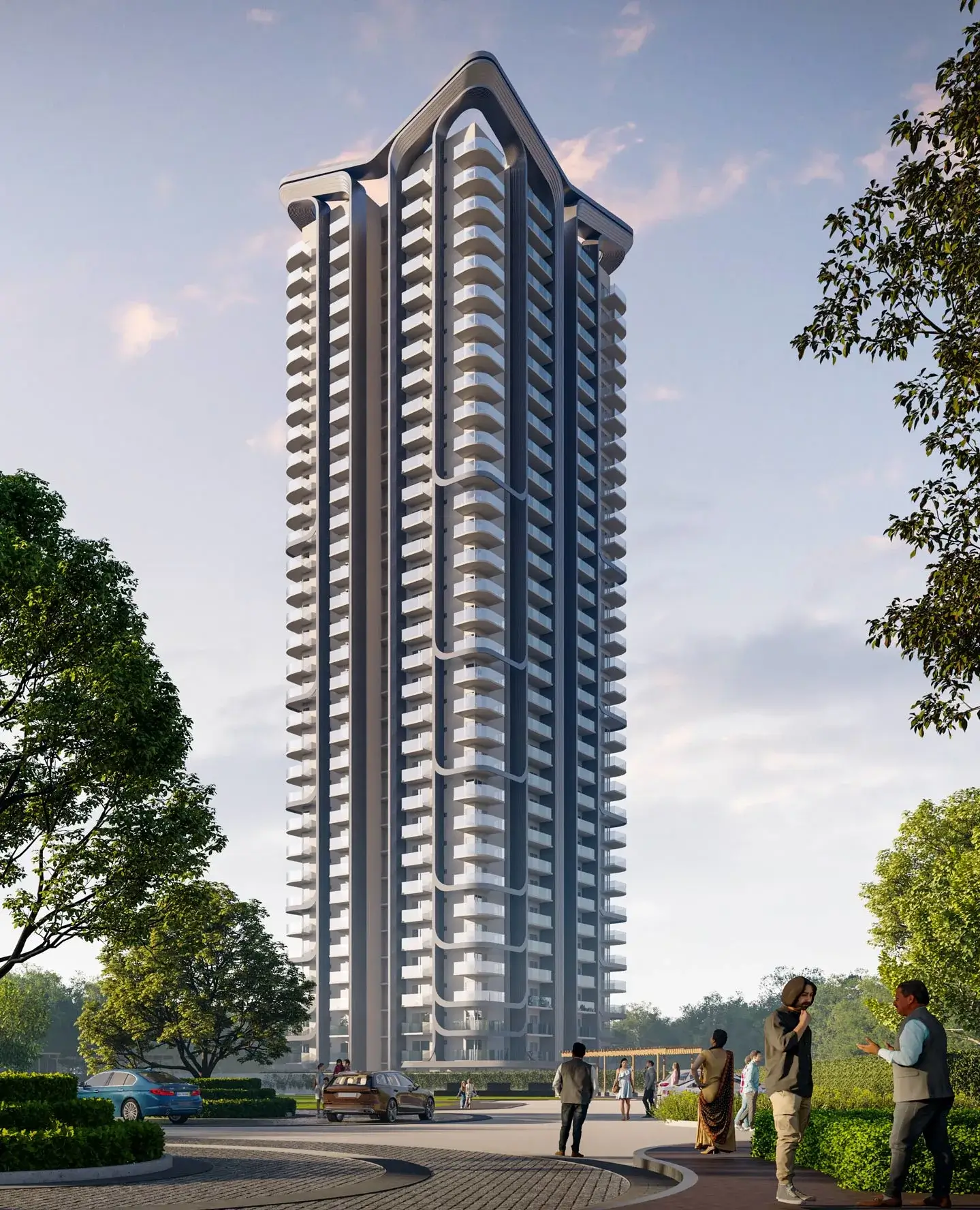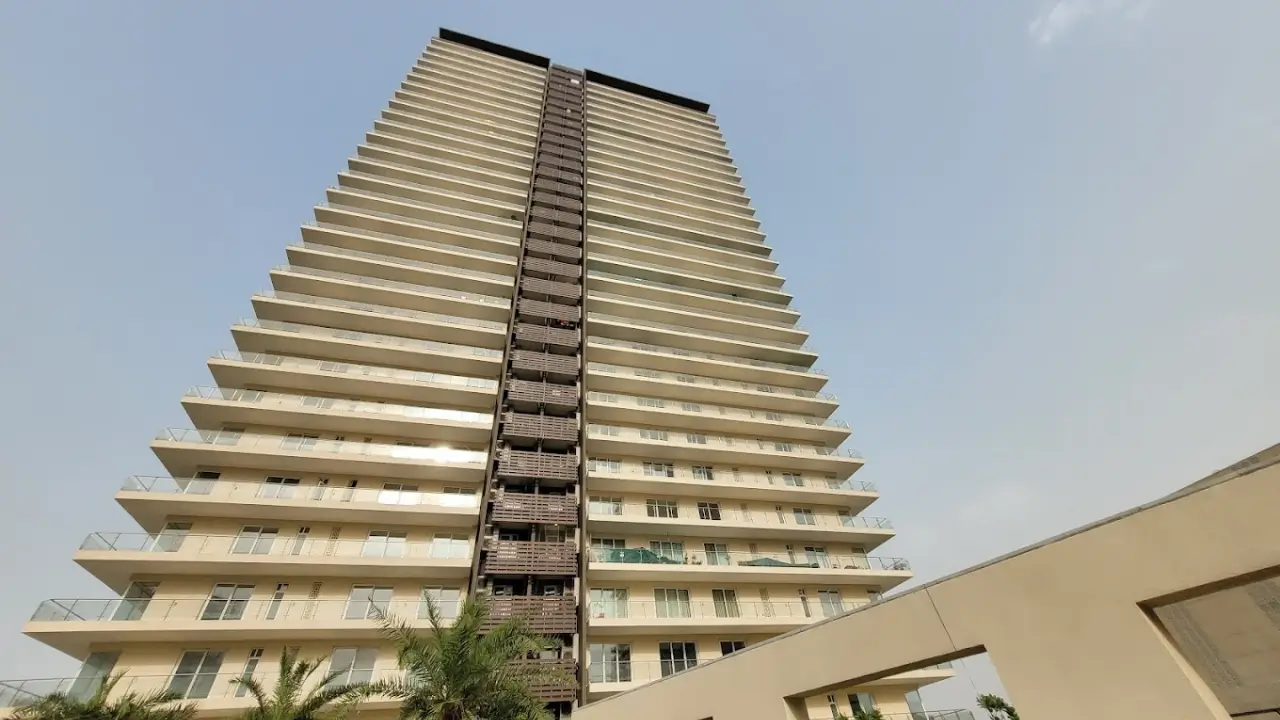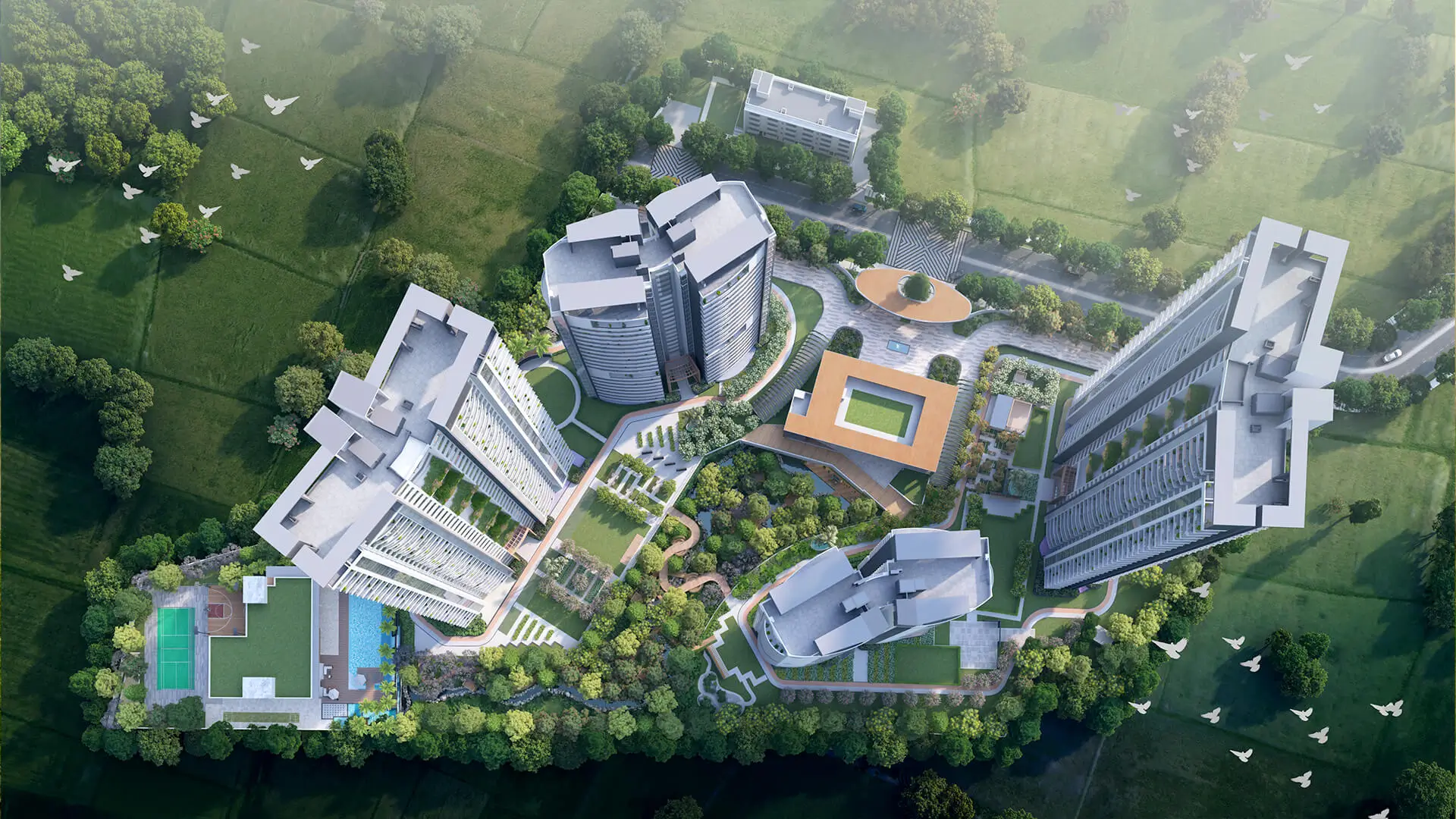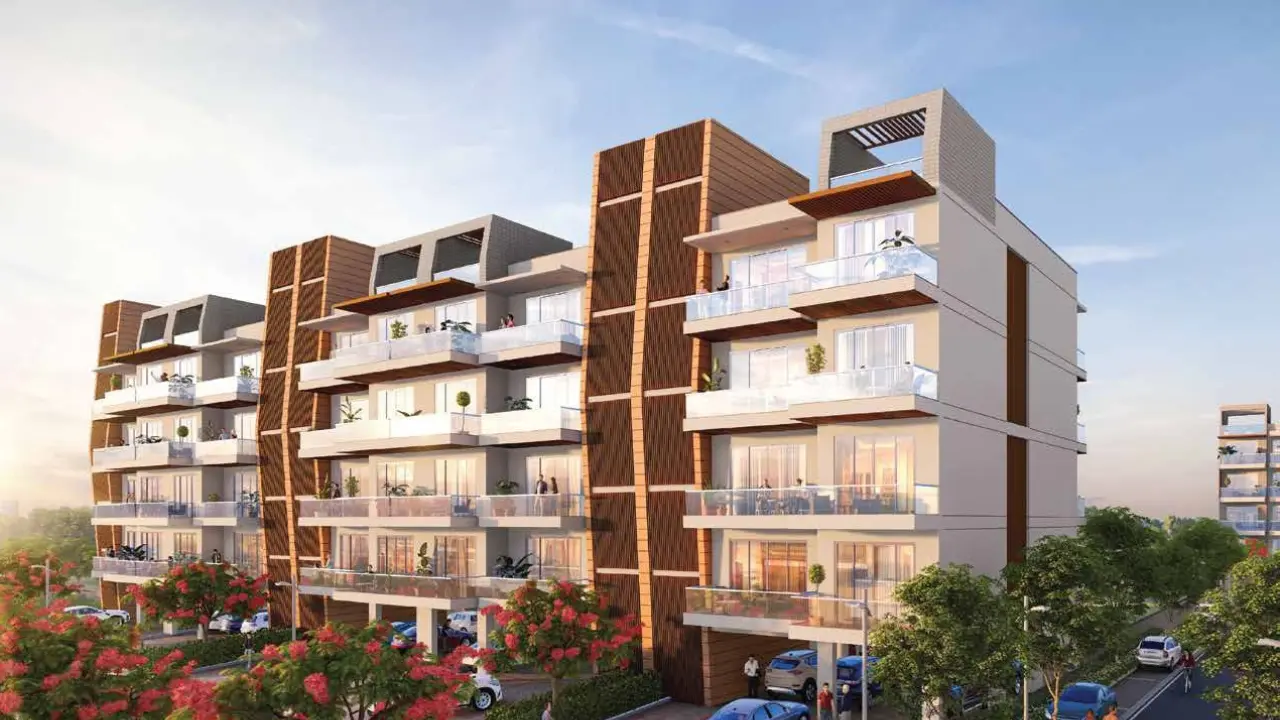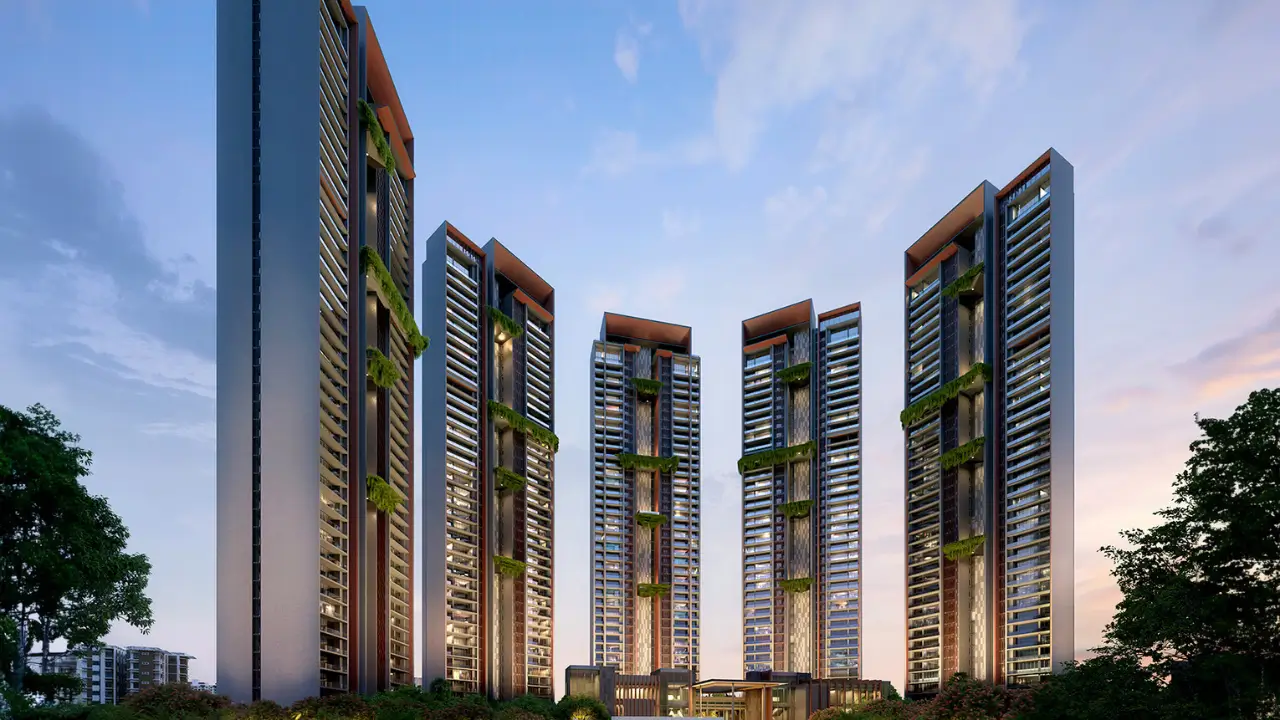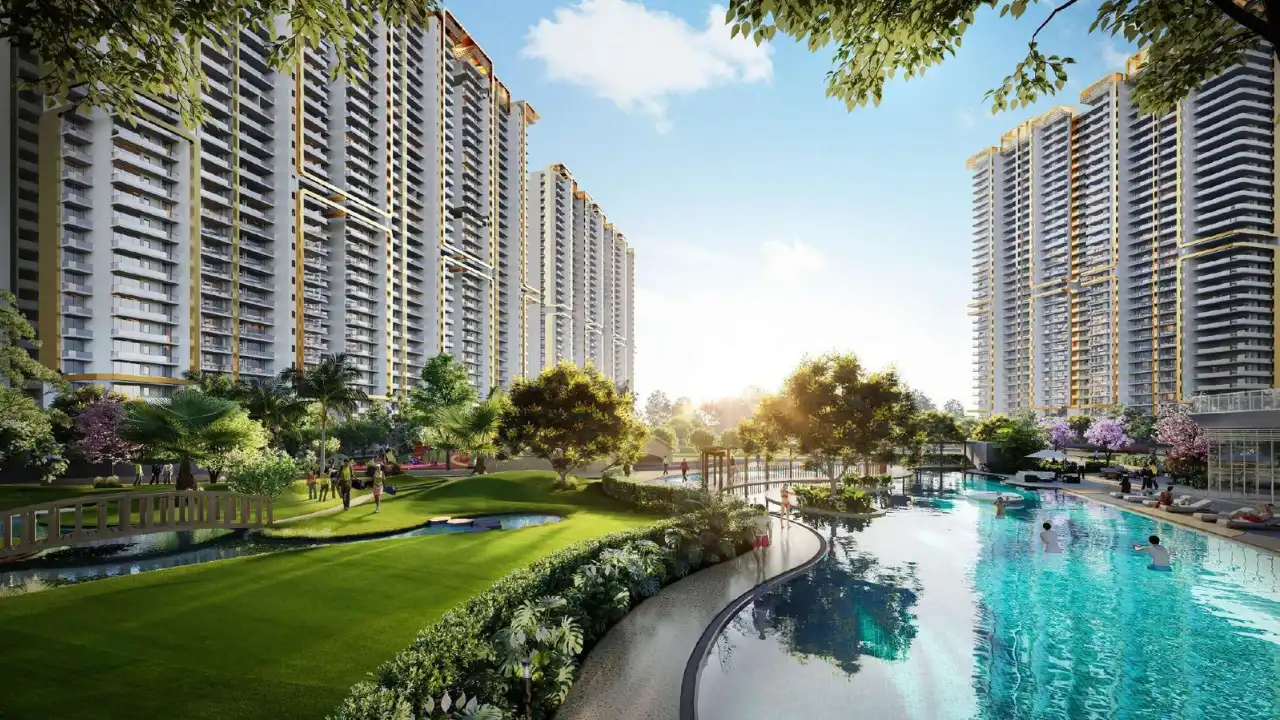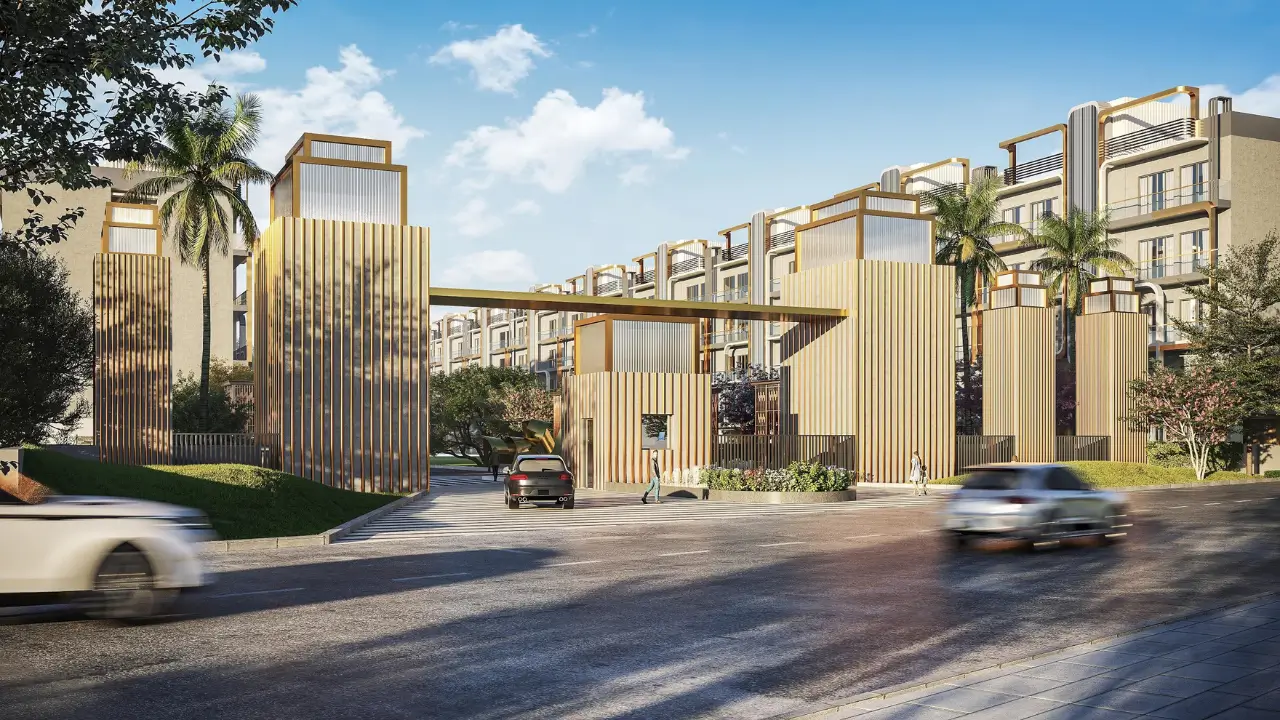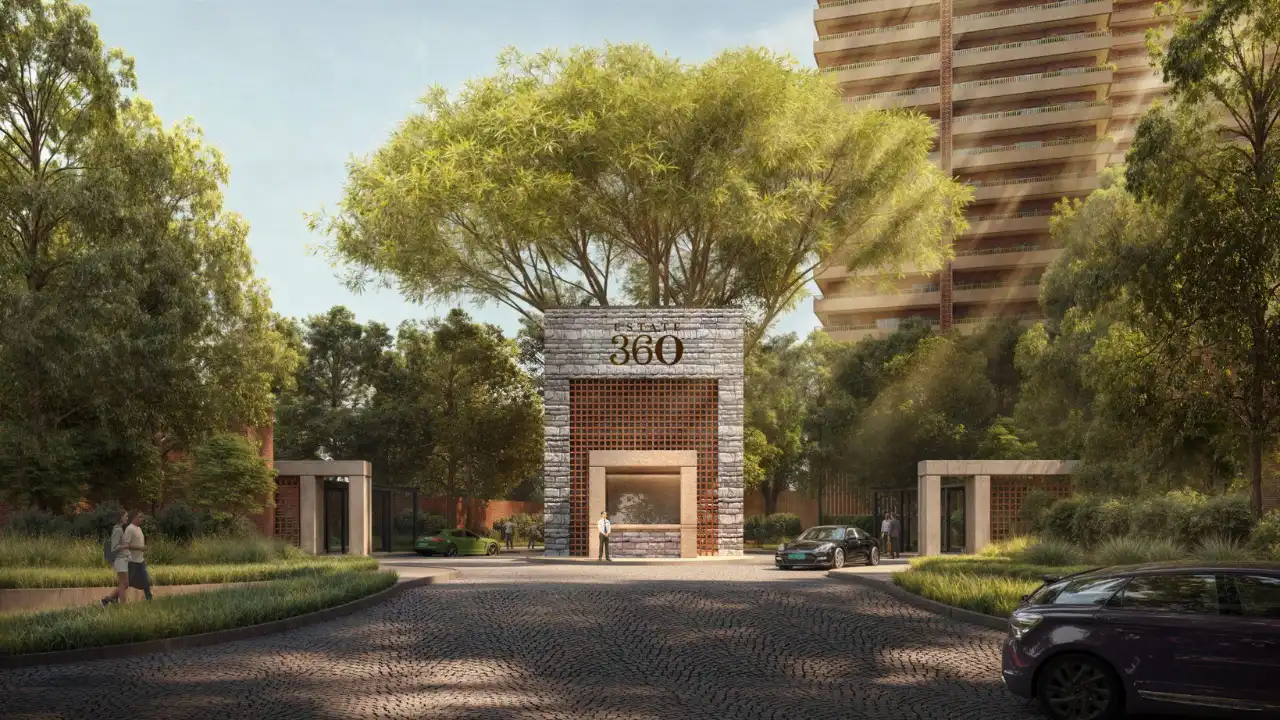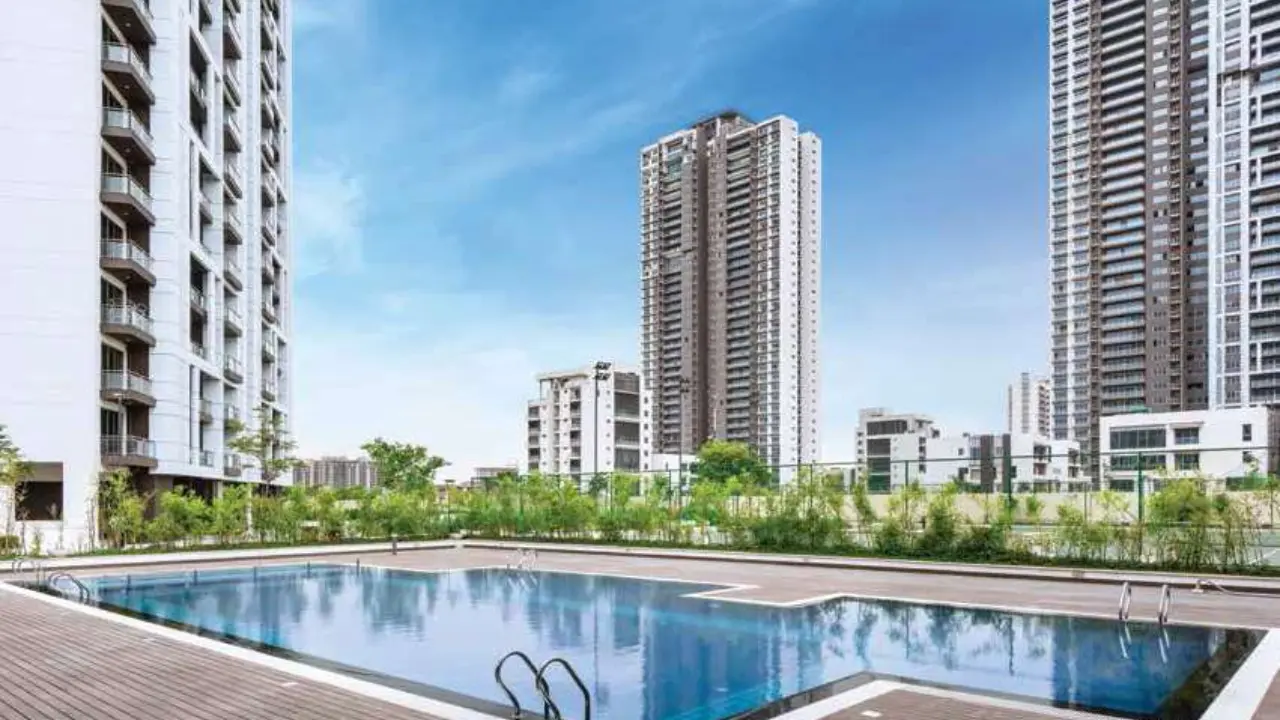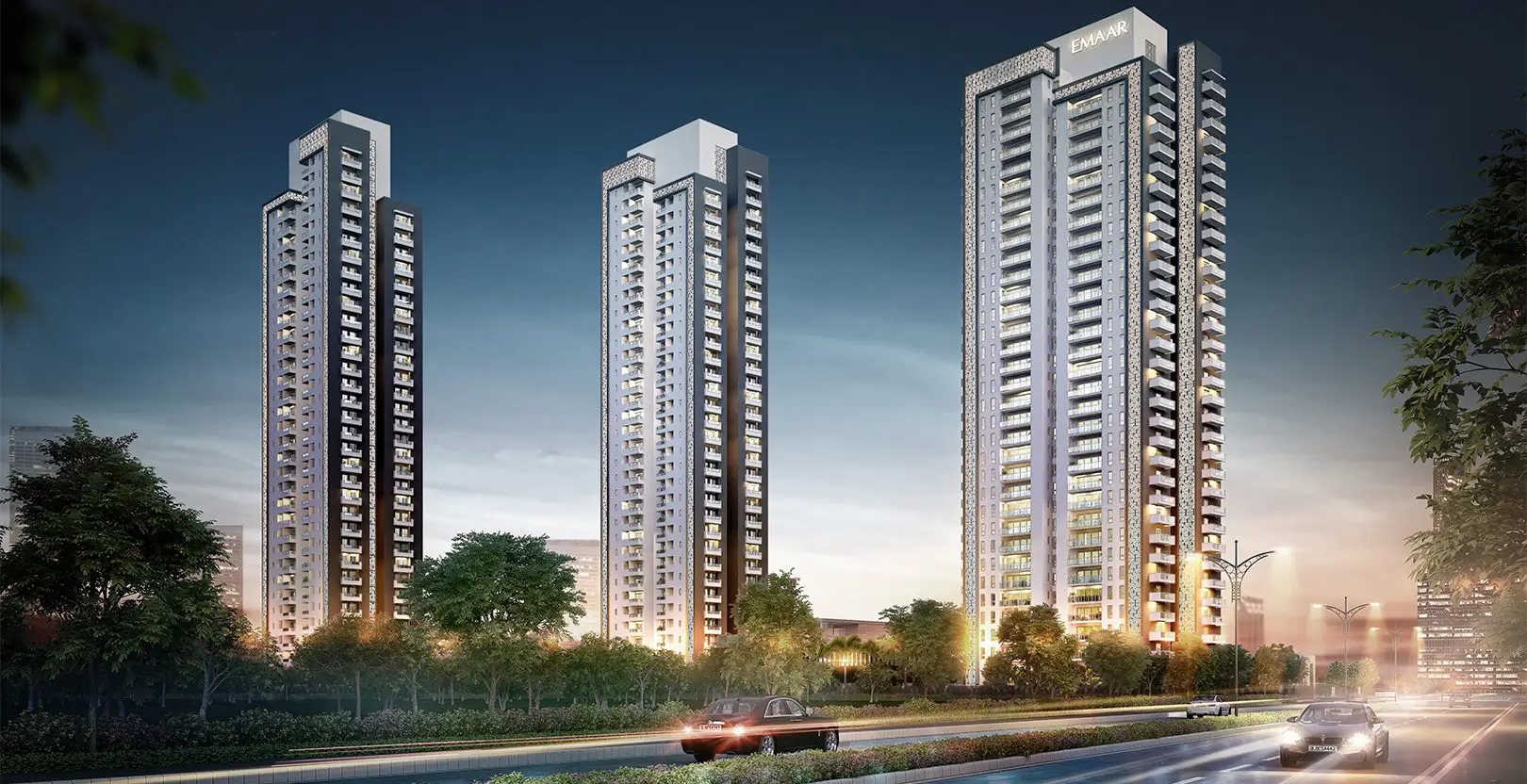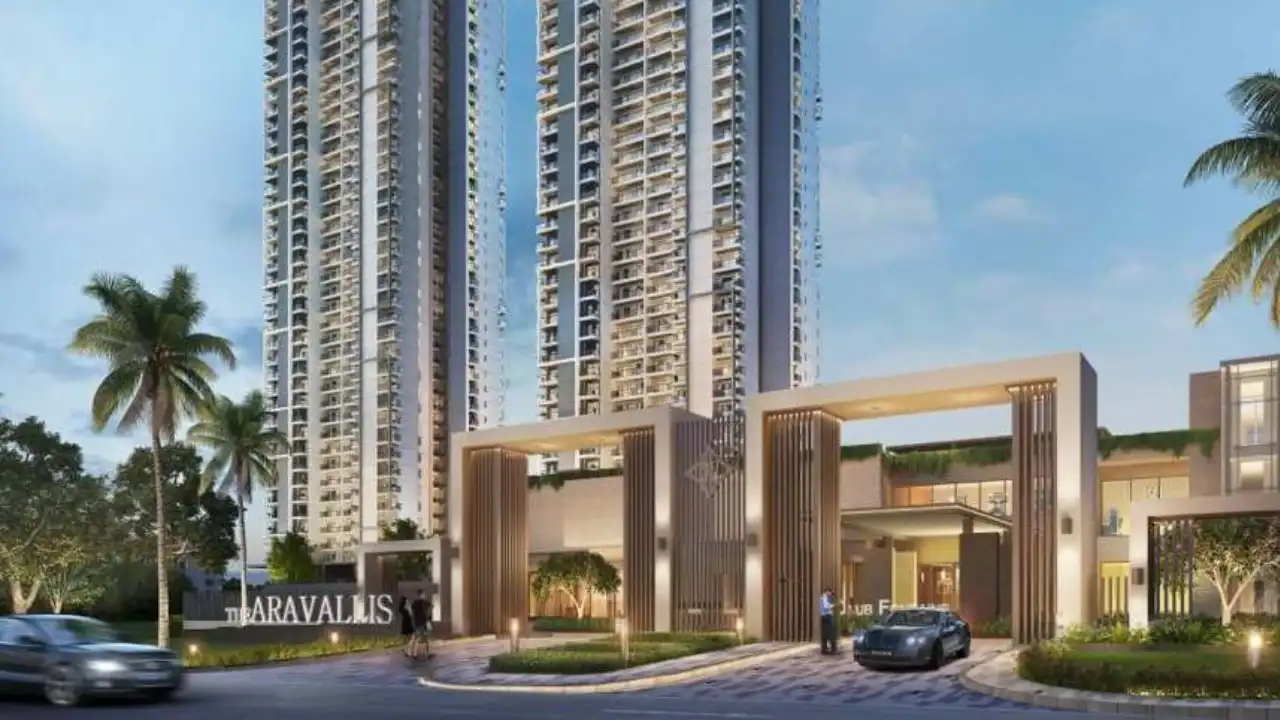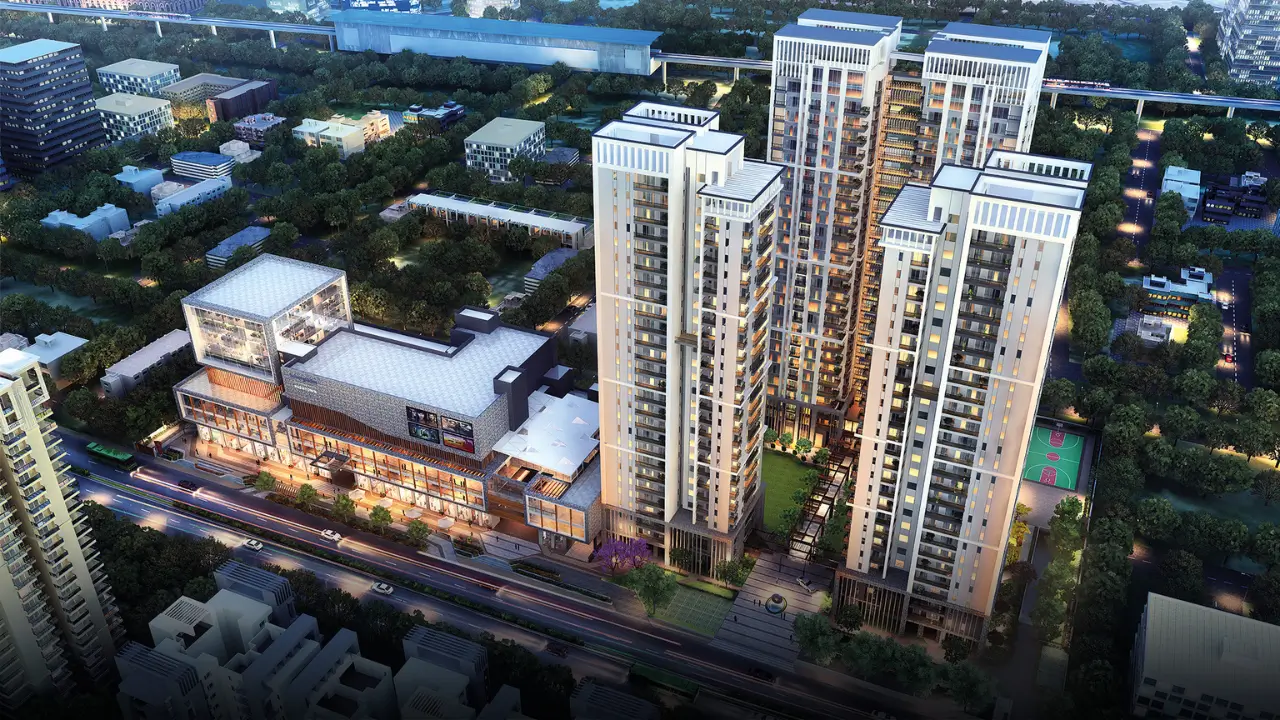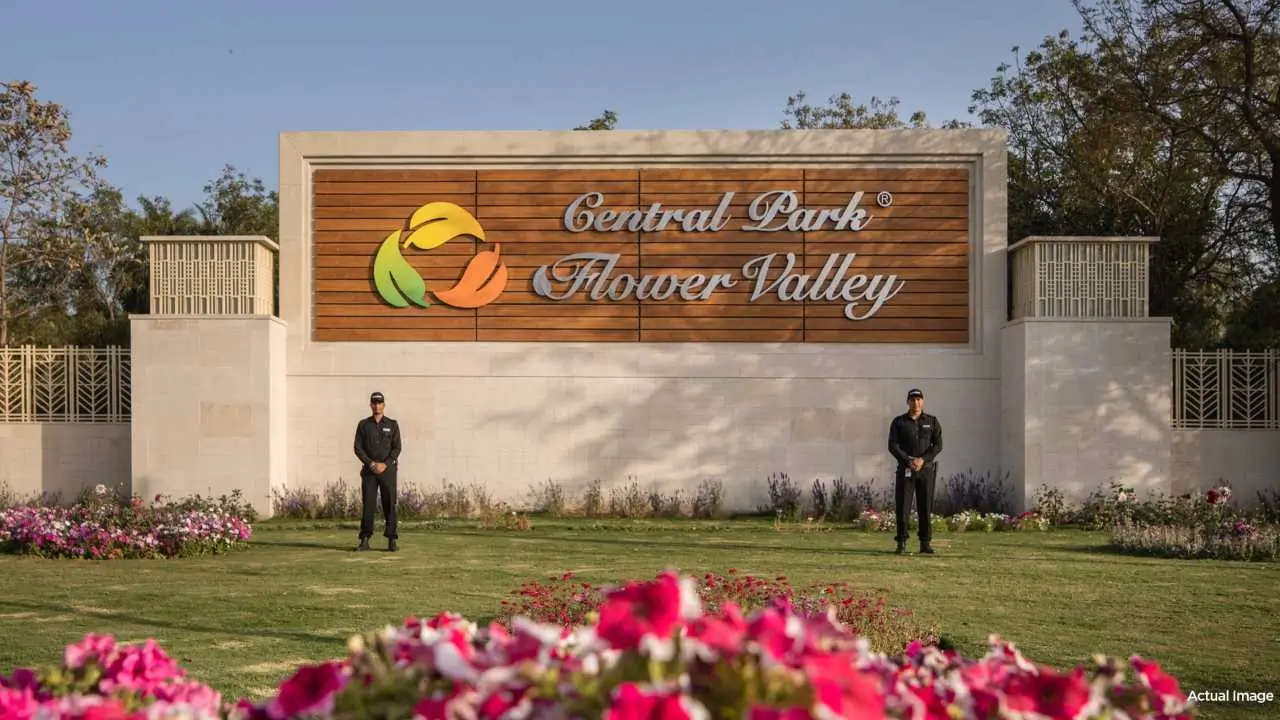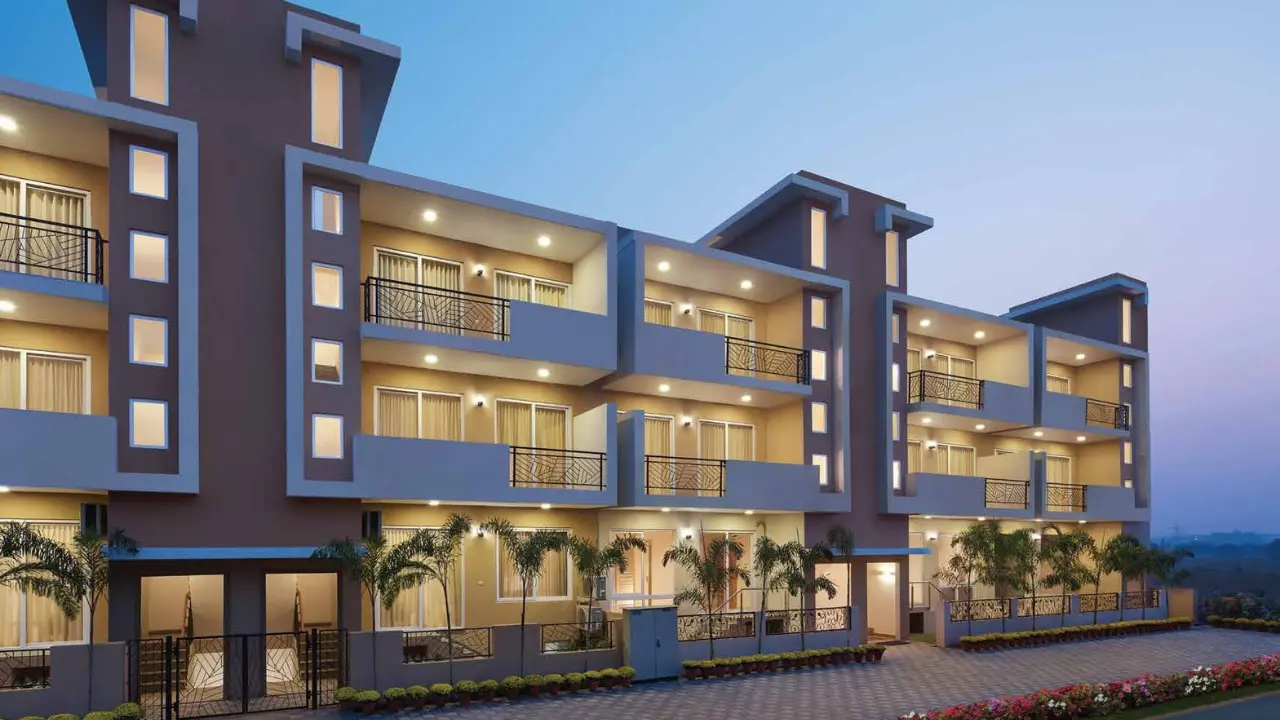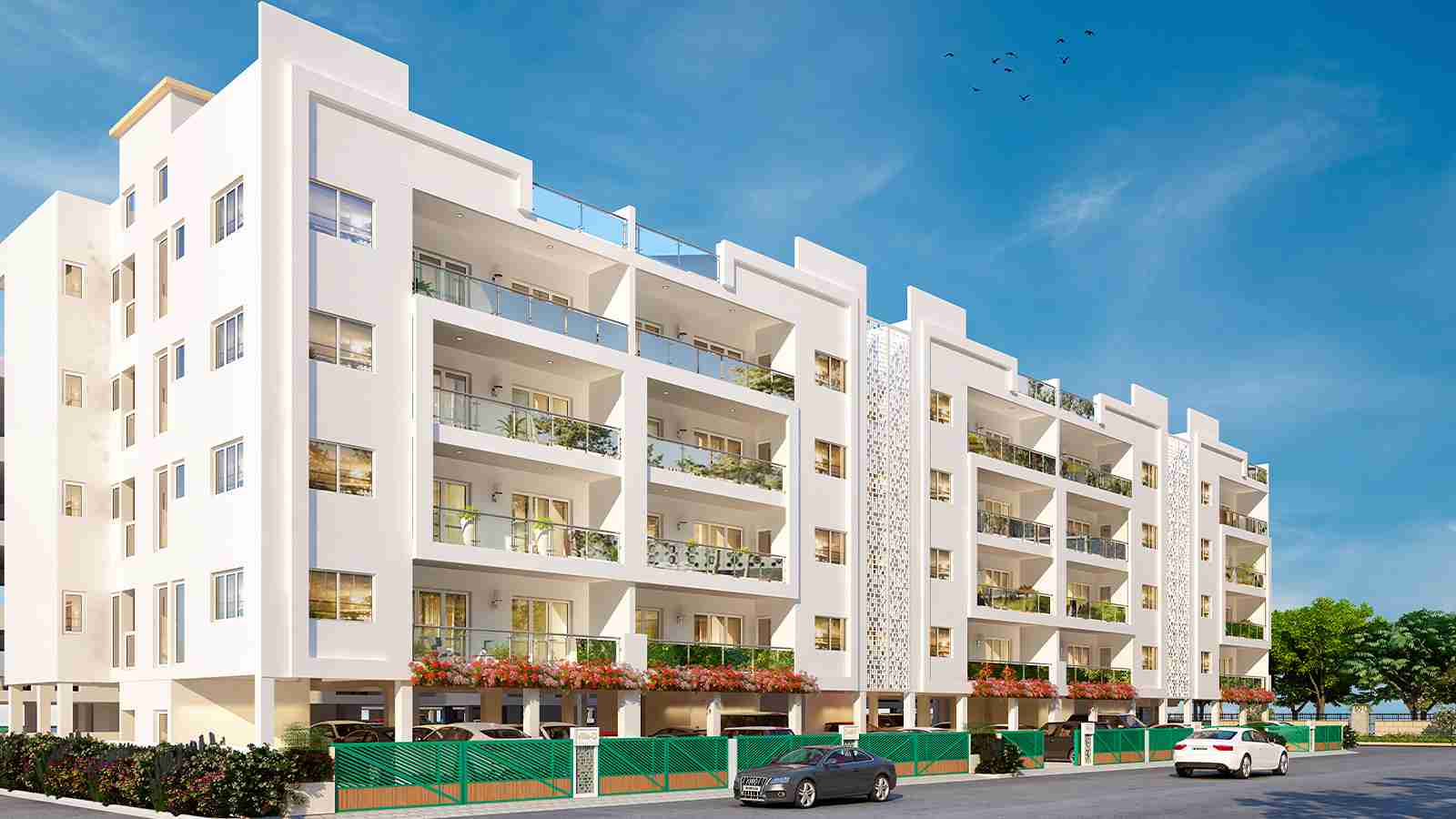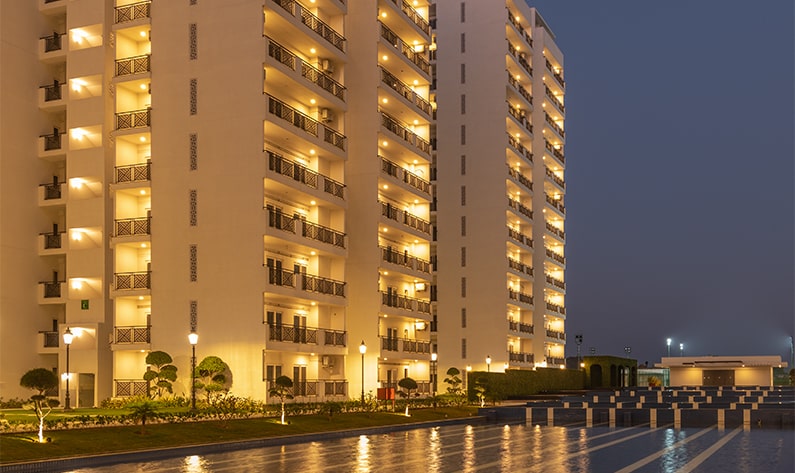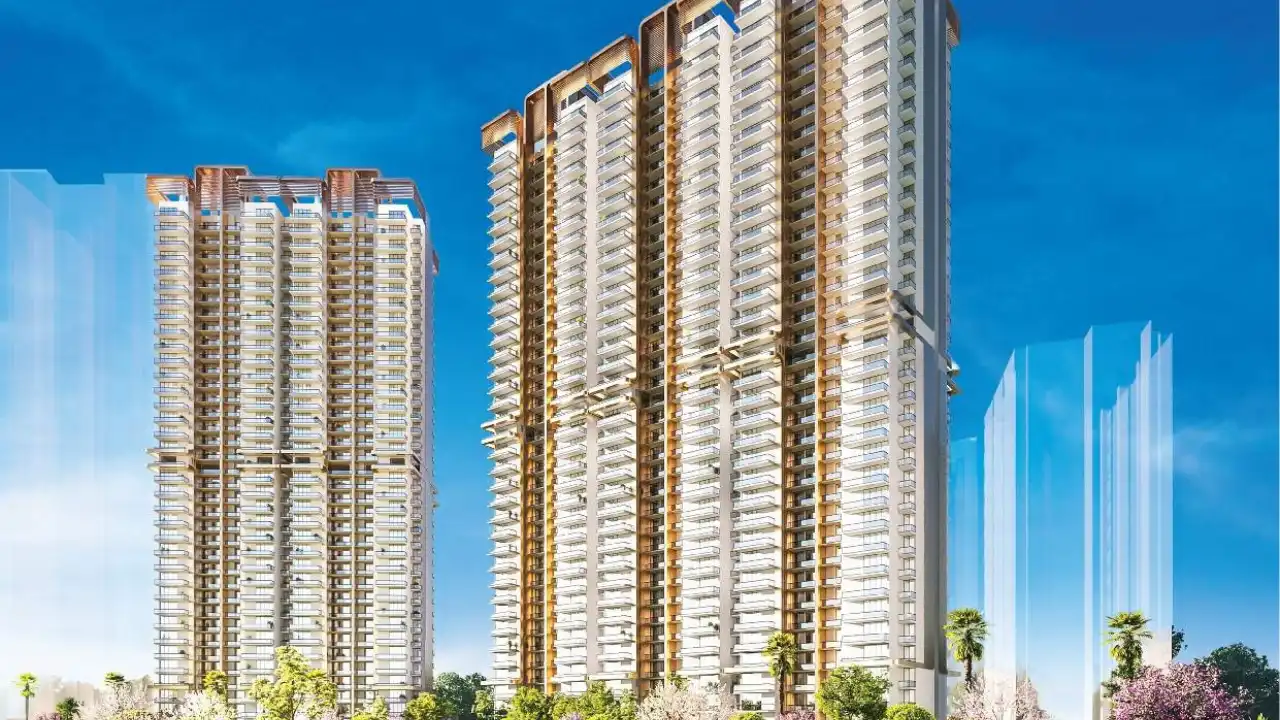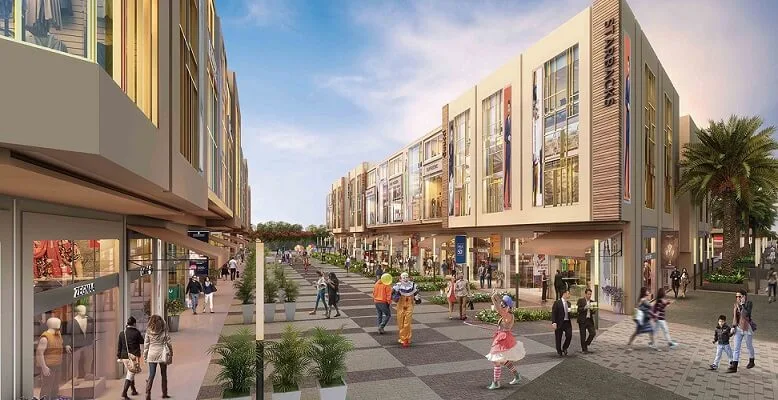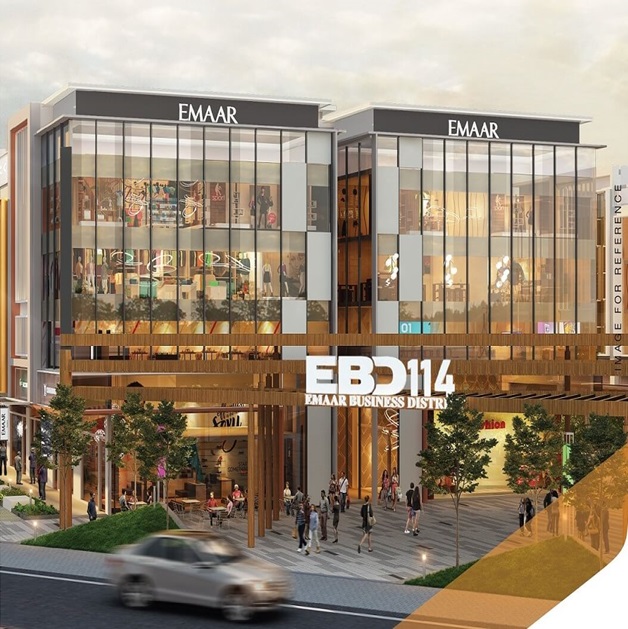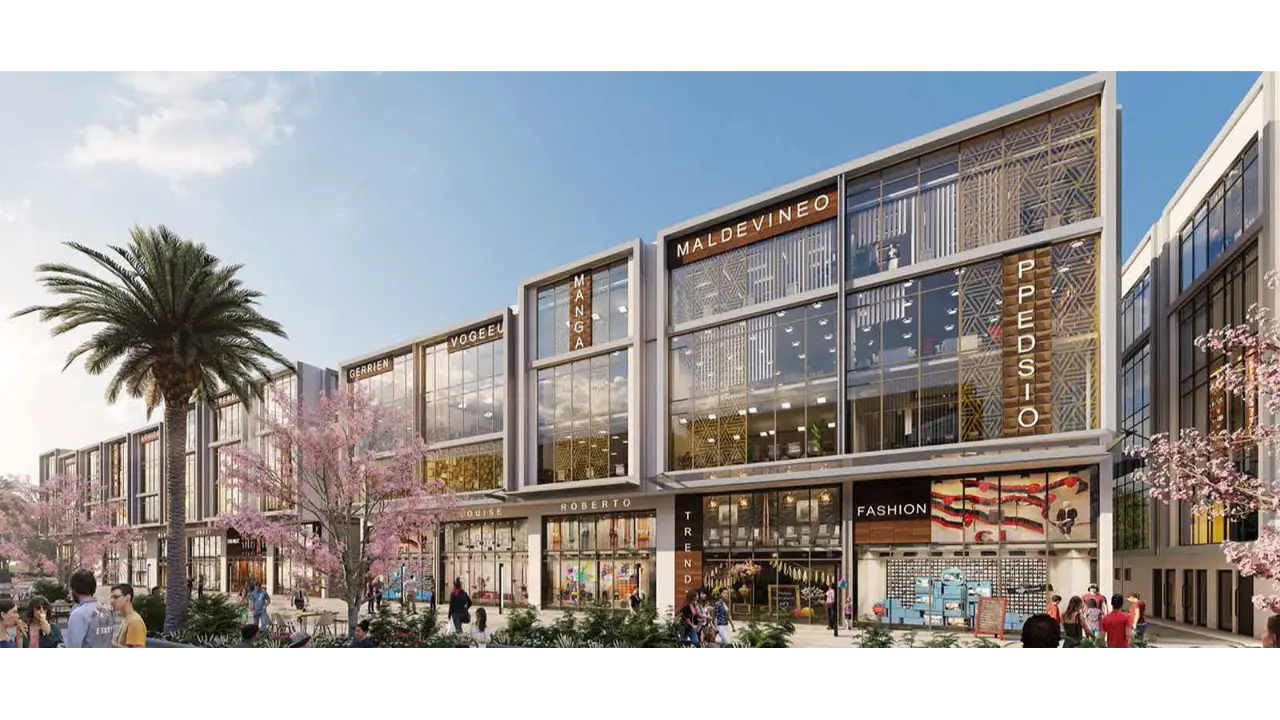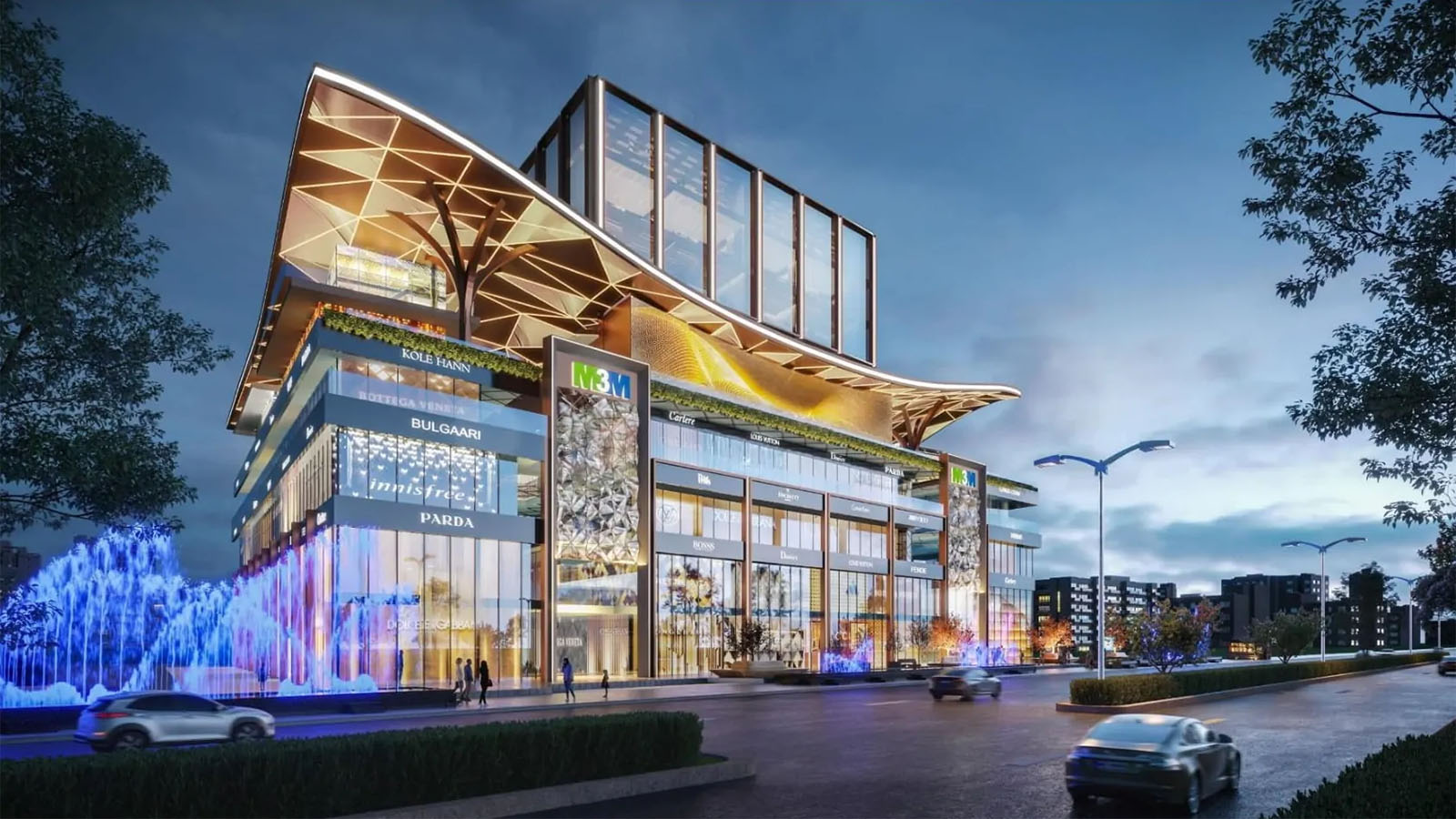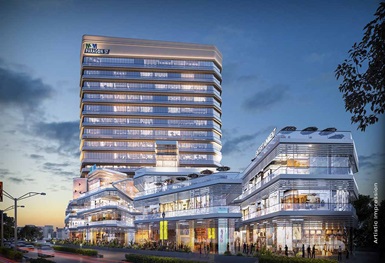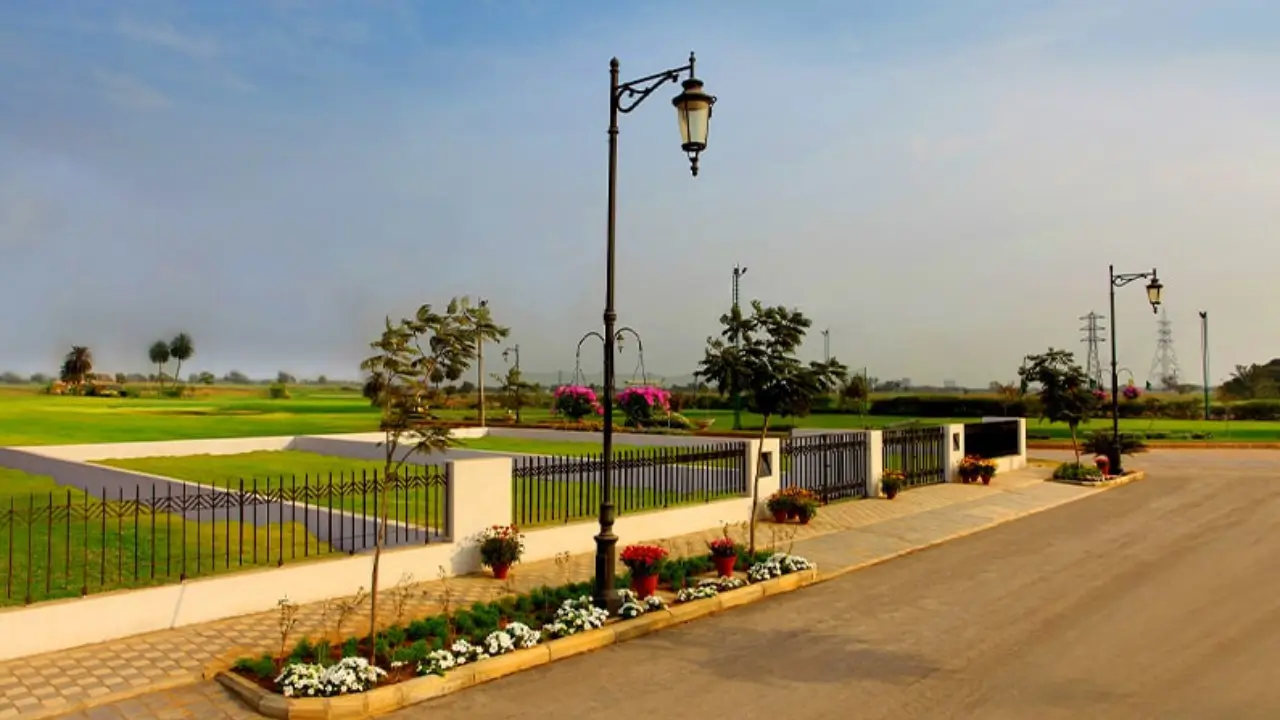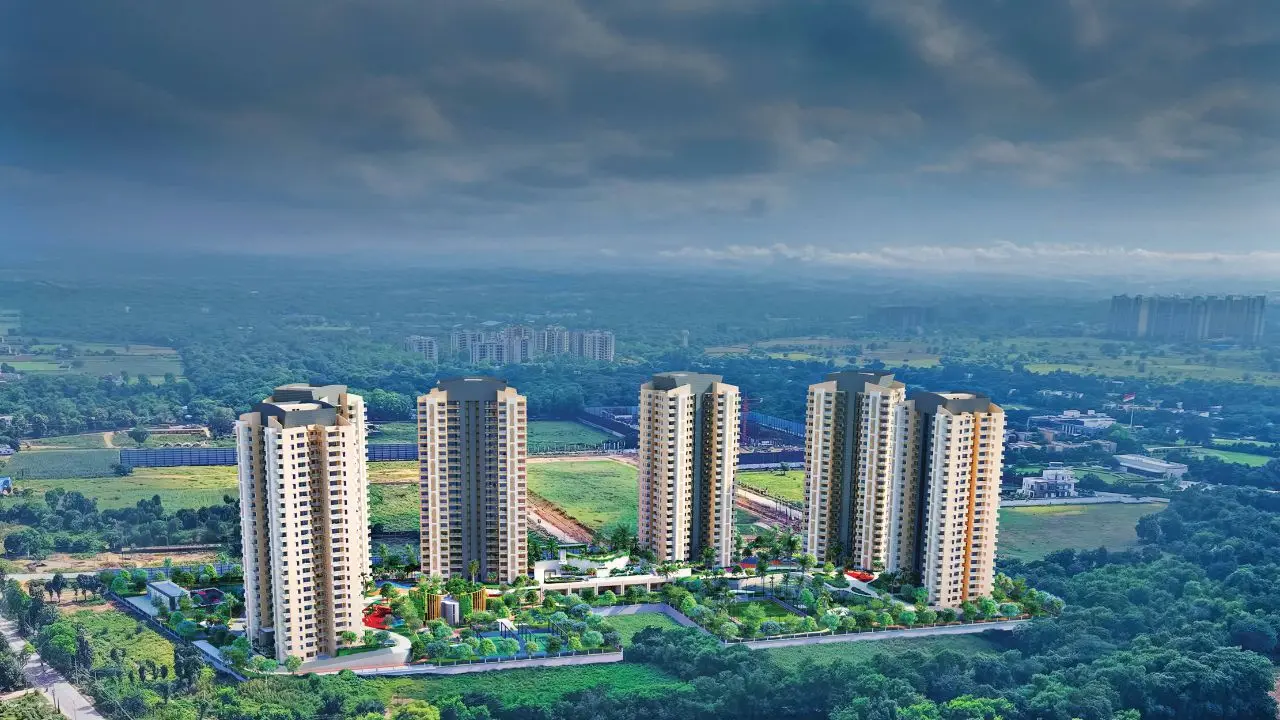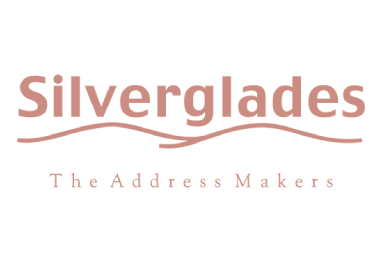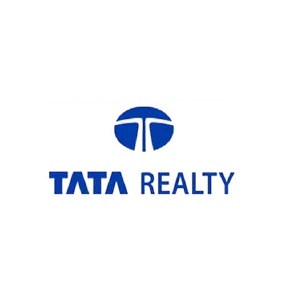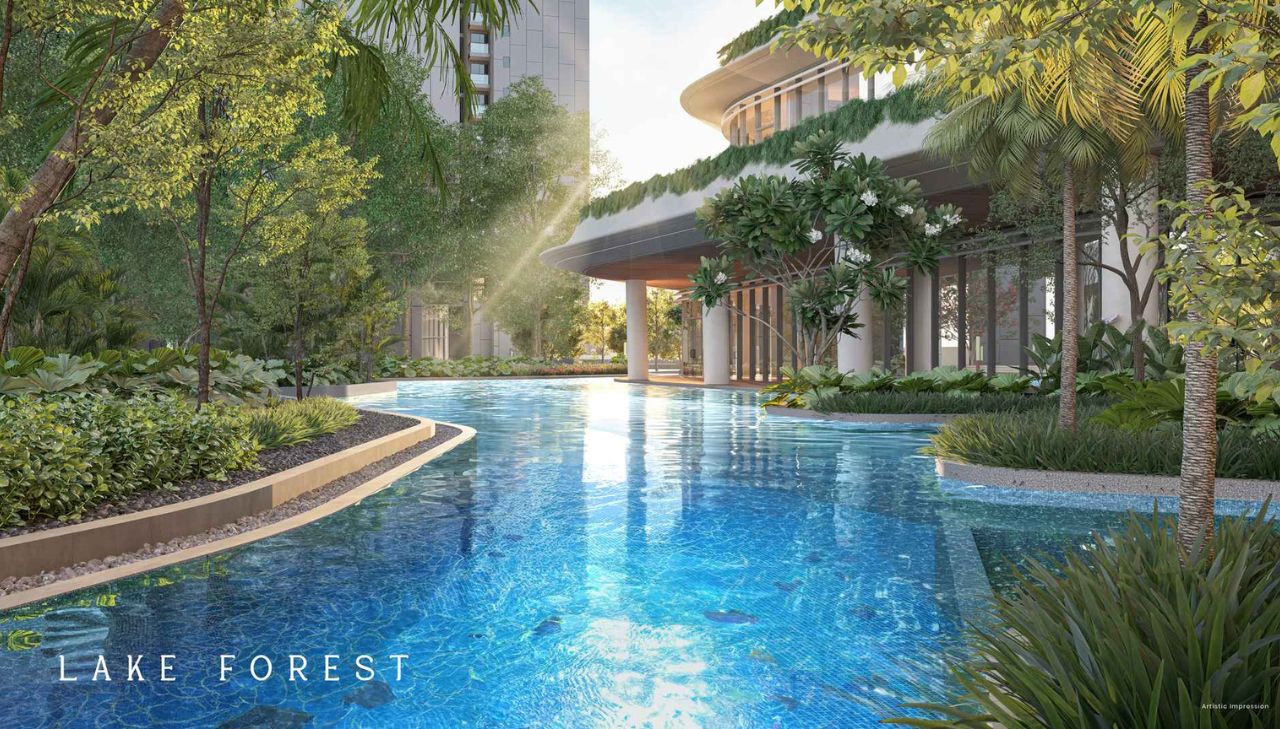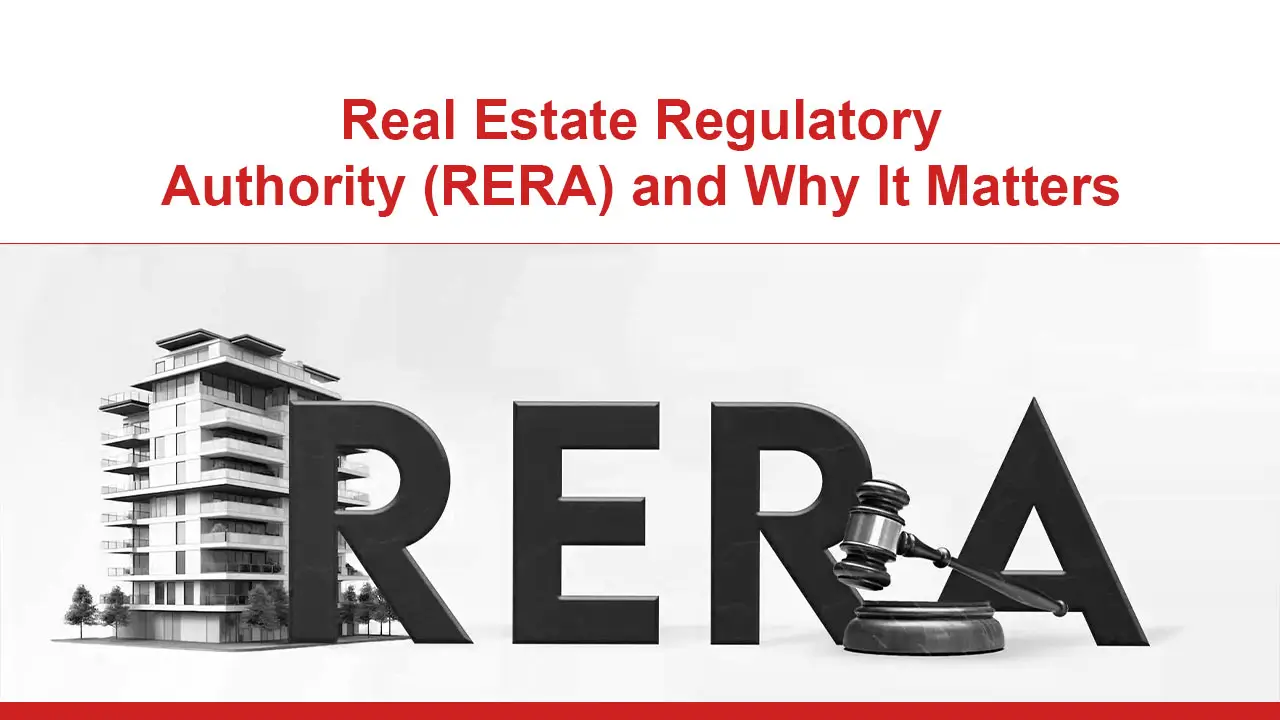Apartment vs Independent House: Which One Should You Buy?
22 Aug 2025
By Shailesh Arya
Buying a home is one of the biggest financial and emotional decisions in life. Every homebuyer dreams of finding the perfect property that not only fits their lifestyle but also provides long-term value. While searching for a home, buyers often face a common question: Should I buy an apartment or an independent house?
Both options come with their unique set of advantages and challenges. The choice depends on several factors, such as budget, location, lifestyle preferences, family needs, and future plans. In this blog, we will compare apartments vs independent houses in detail to help you make an informed decision.
Understanding the Basics
Before comparing, let’s define both clearly:
Apartment:
A residential unit in a multi-storey building or gated community, usually offered with shared amenities like security, power backup, swimming pool, gym, and clubhouse.
Independent House:
A standalone property built on an individual plot of land. It offers full ownership of both the building and the land it is built on.
Both options cater to different needs of homebuyers, and knowing the difference is the first step towards making the right choice.
1. Cost of Purchase and Affordability
When it comes to property buying, the first thing on a buyer’s mind is budget.
Apartments:
Generally more affordable compared to independent houses. Developers build multiple units on the same plot of land, distributing the cost of construction and infrastructure among many buyers. This makes it possible to buy a modern home at a comparatively lower cost.
Apartments are also available in various sizes (1BHK, 2BHK, 3BHK, penthouses), giving flexibility depending on your budget.
Independent Houses:
Buying an individual home requires purchasing the land first, followed by construction, which significantly increases the upfront investment. Moreover, costs vary depending on the locality, plot size, and construction style. Independent homes in prime locations require deep pockets.
Verdict: Apartments win in terms of initial affordability, while independent houses require higher investments.
2. Space and Customization
Apartments:
Limited in space. While you get balconies, a living area, and sometimes luxury amenities, you cannot expand your home as per your wish. Renovations and major modifications within apartments are limited by builder guidelines and society rules.
Independent Houses:
Offer complete freedom in terms of space utilisation. You can design, extend, or renovate the house according to your taste and requirements. Want a garden, parking lot, or a home office? You have full control.
Verdict: Independent houses are far more flexible and spacious compared to apartments.
3. Maintenance Costs
Apartments:
Maintenance costs are shared among all residents. The builder or housing society usually manages security, lifts, landscaping, and waste management, for which you pay monthly or yearly maintenance fees. These costs are generally predictable.
Independent Houses:
You bear all expenses yourself, including security, water supply, and infrastructure repairs. While you avoid monthly society charges, unexpected repair costs (roof leakage, painting, plumbing, etc.) can become significant.
Verdict: Apartments are more convenient in terms of managed services, while maintenance of independent houses can often become time-consuming and expensive.
4. Amenities and Lifestyle
Apartments:
Modern apartments come with clubhouses, gyms, swimming pools, gardens, children’s play areas, jogging tracks, and even co-working spaces. These shared amenities improve lifestyle quality and build a sense of community.
Independent Houses:
Most lack built-in amenities unless you create and maintain them yourself, which adds to the costs. While you may enjoy privacy, you miss out on community facilities.
Verdict: Apartments are better for those seeking modern amenities and social living.
5. Location and Connectivity
Apartments:
Builders usually choose prime or developing areas that are well-connected to schools, workplaces, hospitals, and shopping centers. Apartments are often strategically placed in urban localities with easy access to public transport.
Independent Houses:
Finding independent houses in prime city locations is becoming challenging due to high land prices and limited availability. Most affordable independent homes are on the outskirts or semi-urban areas, which may impact your daily commute.
Verdict: Apartments usually score higher on location convenience.
6. Security and Safety
Apartments:
Modern housing societies provide 24/7 security with CCTV, gated access, intercom systems, and security guards, making them safer, especially for families with children and senior citizens.
Independent Houses:
Security responsibility falls completely on the homeowner. You need to invest in security systems or hire guards independently, which increases cost and effort.
Verdict: Apartments are more secure due to collective security arrangements.
7. Investment and Resale Value
Apartments:
High demand in urban areas ensures good resale opportunities. However, older apartments may lose value due to wear and tear, limited renovation scope, or lack of modern facilities. Rental demand for apartments is strong among working professionals and small families.
Independent Houses:
Land value generally appreciates more than apartment value, making independent houses attractive in the long term. They work well if you view a property as an asset to pass down generations. Rental demand, however, depends on location.
Verdict: Independent houses have higher long-term appreciation, while apartments offer better short-term returns and rental opportunities.
8. Legal Aspects and Ownership
Apartments:
Buying an apartment typically involves a simpler process since builders handle legal clearances, RERA registrations, and documentation. Ownership is for the built-up area plus an undivided share of land.
Independent Houses:
Legal due diligence is more complex. You need to verify property title, encumbrances, zoning laws, and building approvals carefully. But the benefit is clear: you own both the land and the house outright.
Verdict: Apartments are easier to purchase, but independent houses give greater ownership advantages.
9. Community and Social Life
Apartments:
Promote community living since you share facilities and spaces with neighbours. This can be beneficial socially, especially for children and families who enjoy festivals, gatherings, and networking opportunities within the society.
Independent Houses:
Offer privacy but less community interaction unless you’re in a planned gated colony.
Verdict: Apartments are better for those who prioritise community living, while independent houses are for those seeking seclusion and privacy.
10. Future Modifications and Generational Benefits
Apartments:
Offer limited scope for future expansion. If your family grows or lifestyle needs change, you may have to move or buy another property.
Independent Houses:
Easy to extend floors, add rooms, or repurpose space. Plus, independent houses are excellent for passing down to future generations due to land ownership.
Verdict: Independent houses are more future-proof in terms of expansion and generational wealth.
11. Apartment vs Independent House: Comparison Table
| Factor | Apartment | Independent House |
|---|---|---|
| Cost | Generally more affordable; multiple size options (1BHK–4BHK). | Higher cost due to land ownership and construction expenses. |
| Ownership | Ownership is limited to the unit; land is shared with other residents. | Complete ownership of both land and structure. |
| Amenities | Comes with shared amenities like gym, pool, clubhouse, security. | Amenities depend on what you build (private garden, pool, etc.). |
| Maintenance | Managed by RWA/builder; hassle-free but involves monthly charges. | Owner’s responsibility: irregular and sometimes costly. |
| Security | High – CCTV, gated entry, security guards, intercoms. | Depends on personal arrangements (guards, CCTV). |
| Customization | Limited to interiors; structural changes are usually not allowed. | Full freedom to design, extend, and modify the property. |
| Location | Usually in prime, well-connected urban/suburban areas. | Often available in outskirts; prime locations are very expensive. |
| Space & Privacy | Limited space; shared walls with neighbours reduce privacy. | Spacious living, personal outdoor areas, and complete privacy. |
| Resale Value | Easier resale; affordability attracts more buyers. | Higher appreciation due to land value, but resale may take longer. |
| Legal Aspects | Fewer complications; reputed builders handle approvals. | Needs thorough verification of land titles, zoning, and clear ownership. |
| Lifestyle Suitability | Ideal for nuclear families and professionals seeking convenience. | Suitable for joint families or those valuing privacy and future legacy. |
Final Thoughts: Which One Should You Buy?
The choice between an apartment vs an independent house depends on your priorities. If you value affordability, convenience, security, and community living, an apartment is the best option. On the other hand, if you prefer privacy, space, customisation, and higher long-term appreciation, an independent house is the right investment.
Ultimately, your decision should align with your budget, family needs, location preference, and long-term goals. Both options have their own charm and advantages—what matters most is choosing a home where you and your family feel comfortable, secure, and happy.

